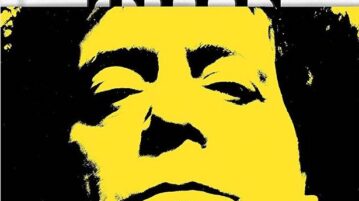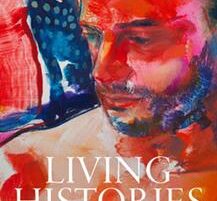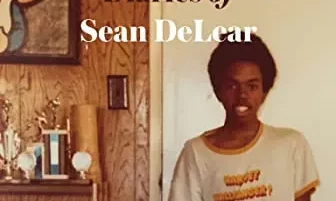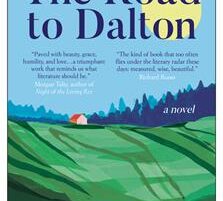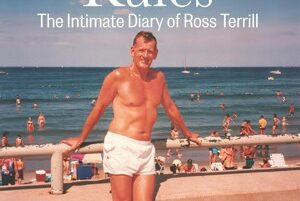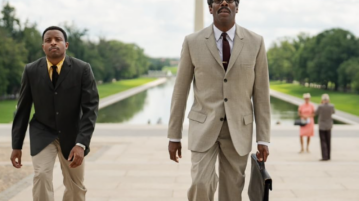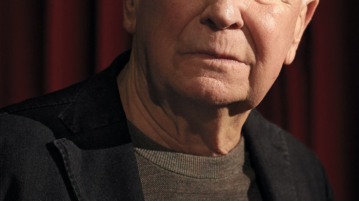
Dramatist of Our Lives
Christopher Byrne’s biography, “A Man of Much Importance,” is welcome on several counts. First, despite the choppy way that it consigns McNally’s plays, operas, and work for television to separate chapters, the book does offer an accurate overview of McNally’s life that’s surprising in some of its details. For example, while McNally had spoken publicly about his parents’ alcoholism and his father’s beating him for his artsy behaviors and sassy comebacks as he grew up in Corpus Christi, Byrne is the first to report that McNally’s mother “interfered” (Byrne’s word) with him during his teenage years, which perhaps explains the sexually troubled relationship between mothers and sons in his plays.
More

